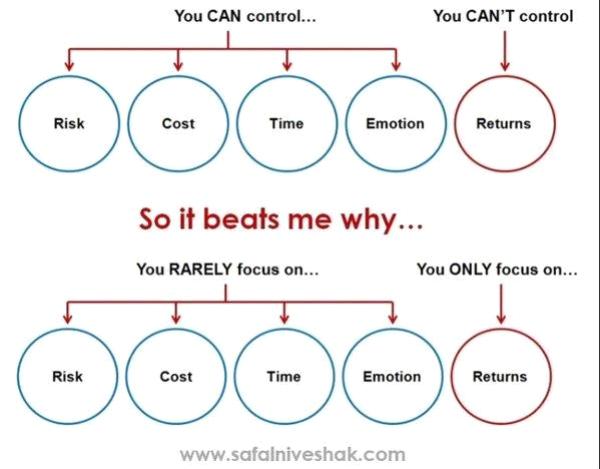Crypto
BlogCrypto to USD
CalculatorWallets &
TransactionsCurrency
ConverterProfit or Loss
CalculatorIs It Too Late
To Invest?Do I Have
Enough Coin?Buy High
Sell LowBuy The Dip
Sell High
Buy Low

Bookmarks
Crypto Purchase History
Portfolio Overview
Transaction History
If you're interested in the "crypto" space, you'll undoubtedly have a large number of different "coins" under your management. If this is the case, understanding how to build a diversified portfolio is one of the most important things you can do.
Before we get into the article proper - let's be serious. Bitcoin / crypto etc is a poor-man's stock market. The only people involved with it are those who didn't have the capital / know-how to play the stock game properly.
This is why we're seeing such a spate of under-educated fools putting masses of money into idiots coins that won't go anywhere... it's like monkeys at the zoo trying to fight over the last scraps of bananas thrown in by the staff.
The point is that when looking at "crypto", you need to become EXTREMELY realistic about what you're actually getting involved with. It's a global technology operation designed to provide people with the ability to transact money, and other digital assets, with a plethora of other global users.
It doesn't store value in itself, and thus you need to be very clear about what you're actually doing before getting involved...
The underlying reason why "crypto" has such a strong pull is because it has the promise of exponential growth (as demonstrated by Bitcoin's December 2017 rally). As mentioned, this has pulled in many "retail" traders who have little-to-no experience in the finance sector, or economics in general. They've simply seen a "price" and have considered that they may be able to make "easy money" from it...

This is a VERY dangerous position to take, as it essentially means you're "hoping" the various systems will grow in price along with the interest they receive etc.
Ultimately, ALL "crypto" assets work by connecting two-or-more people who may wish to transact with each other. They provide users with the capacity to send/receive digital assets, to the equivalent of "fiat" currency.
If your Grandmother is in China, for example, you'd be able to use Bitcoin to "send" her money. This will be handled in a completely decentralized way (meaning no bank/regulator has the ability to control how it works).
To this end, "buying" the likes of Bitcoin means that you're essentially looking at taking advantage of the price discrepency that each of the "coins" tends to exhibit. This not only means that you are essentially looking to identify any of the "coins" that may work in an effective way, but also ones which grow in value (either because they have limited supply, or provide a really effective method of technological development).
In other words, if you're looking at developing a "portfolio" of crypto assets, you're essentially gambling on the idea that the coins themselves will have an underlying value, and that value will remain consistent for the duration of their existence.
Further to this, the underlying thing you need to realize is that what you're seeing with "crypto" is the rise of the "alt" coins. Altcoins are basically the systems which are *not* Bitcoin, but provide comparable value in some way.
For example, Ethereum and Ripple are likely the most prevalent "alt" coins on the market today. They are not only able to provide specific functionality, but also have quite strong asset-bases backing them up (a large network in the case of ETH and an actual business in the case of XRP).
If you're looking at "diversifying" the crypto investments you currently have, you basically need to get out of the paradigm of thinking about the coins as "coins", and start thinking about them as "systems". The systems you see are basically designed to provide particular functionality in different ways.
By "investing" into the coin, you're buying the idea that the functionality for each system will be adopted by a large number of users who'll be able to utilize it for their own needs.
To this end, you need to be looking at the various "coins" backed by actual systems. The likes of Ethereum and Ripple are obviously good examples, but likely quite expensive right now. In light of this, you'd need to look further down the spectrum of "coins" and see if there are any with the potential for great growth, but don't likely have a large price at present.